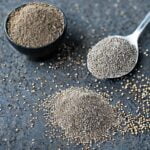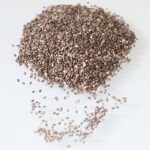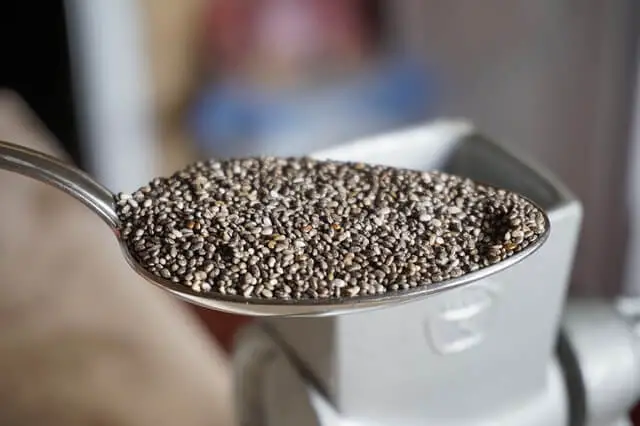
Chia seeds are a great, versatile plant-based food which are very good for you.
If you have chia seeds or have started eating them, you might be wondering if you need to refrigerate them at all. In this post, we will answer that question and some related questions as well!
Do You Need to Refrigerate Chia Seeds?
In most cases, chia seeds do not need to be refrigerated. But there are some cases in which you will want to refrigerate them, or it might be helpful to do so. We will explore all those situations next.
Unopened Chia Seeds
Chia seeds still in the package do not need to be refrigerated. They can be stored in the pantry.
Generally, packaged chia seeds will last for a very long time, a few years in fact, and maybe even longer than that. Chia seeds already have a long life due to their high antioxidant content. (See How Long Do Chia Seeds Last?)
Opened Chia Seeds
Once chia seeds have been opened and exposed to the air, you still do not need to refrigerate them, but you can in order to extend their life.
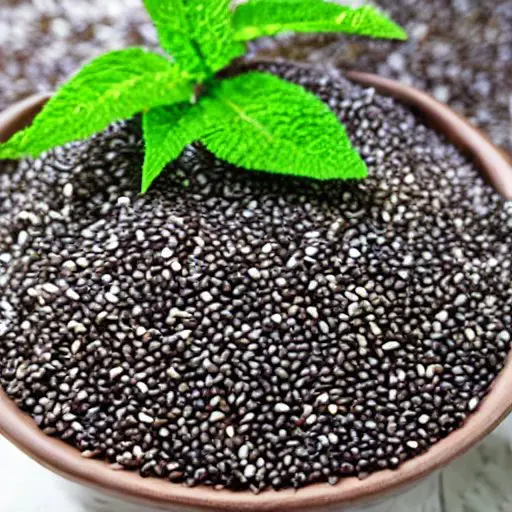
Chia seeds last for a long time, due to the fact that they have a lot of antioxidants that protect them. While most nuts or seeds will go rancid, chia seeds last much longer than most nuts or seeds.
So in this case, if it’s more convenient for you, you could just keep chia seeds in the pantry once they are opened. But, if you will not be eating them for a long time, or if you want them to stay slightly fresher and healthier, then you can choose to keep them in the refrigerator.
Another good option is the freezer, in which they will be preserved even longer.
How Long Do Opened Chia Seeds Last?
Opened chia seeds could last up to 3 years if in a sealed container. However, they may start to lose some nutritional value, especially after the 1 year mark.
By storing them in the refrigerator or freezer, they can last longer than this. Up to 5 years in the fridge or 10 years in the freezer.
Soaked Chia Seeds
Soaked chia seeds will last for a little bit of time once they have been soaked, without being refrigerated, but it’s recommended to refrigerate them for safety and to so they will last longer.
We used to not refrigerate soaked chia seeds, however, we would eat them fairly quickly within a couple of days. Later we learned that it is safer to refrigerate them once they are soaked.
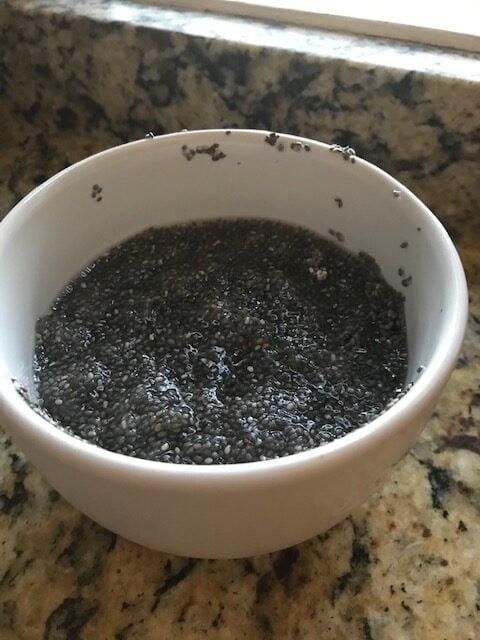
Soaked chia seeds will last up to 5-7 days in the fridge, and potentially even longer according to some forums.
An alternative to soaking chia seeds in which they will last longer, is to grind them instead. Then they will last much longer than when they are soaked. (See Should Chia Seeds Be Ground?)
Do Chia Seeds Expire in Water?
Chia seeds do eventually expire in water. It’s recommended to not go over a week if left in the fridge, and not longer than 1-2 days if not refrigerated.
Should You Store Chia Seeds in the Freezer?
Just like with the refrigerator, chia seeds don’t have to be stored in the freezer. But doing so will increase their lifespan by a lot.
Opened chia seeds can last up to 3 years in the pantry, but chia seeds in the freezer might last up to 10 years, which is much longer!
How Long Do Chia Seeds Last Unrefrigerated?
If chia seeds haven’t been opened and are sealed, they should last 3-4 years. Once they are opened, if they are sealed again and air tight, they can still last up to 3 years, but might start to lose so of their freshness after a 1 year.
By refrigerating or freezing them, they will last longer though.
Do Chia Seeds Need to Be Kept Cold?
Chia seeds have a very long life, and generally do not have to be cold or refrigerated. But, keeping the cold by refrigerating or freezing them will cause them to last longer.
How Do You Store Chia Seeds After Opening?
If the chia seeds came in a sealable bag, you can seal them back up to make sure they are airtight, or put them in a mason jar. You can then store them in the pantry if you will use them quickly, especially within a year, or you can store them in the fridge or freezer to keep them fresher and lasting even longer.
Lance has been passionate about the plant-based diet and we have been following a whole food plant-based diet for over 5 years. We focus on health, natural healing, weight management, animal rights, and the health of the planet and environment by focusing on whole plant-based foods and sustainable practices.
Learn more at the About Me page and follow on social media at the links below.


